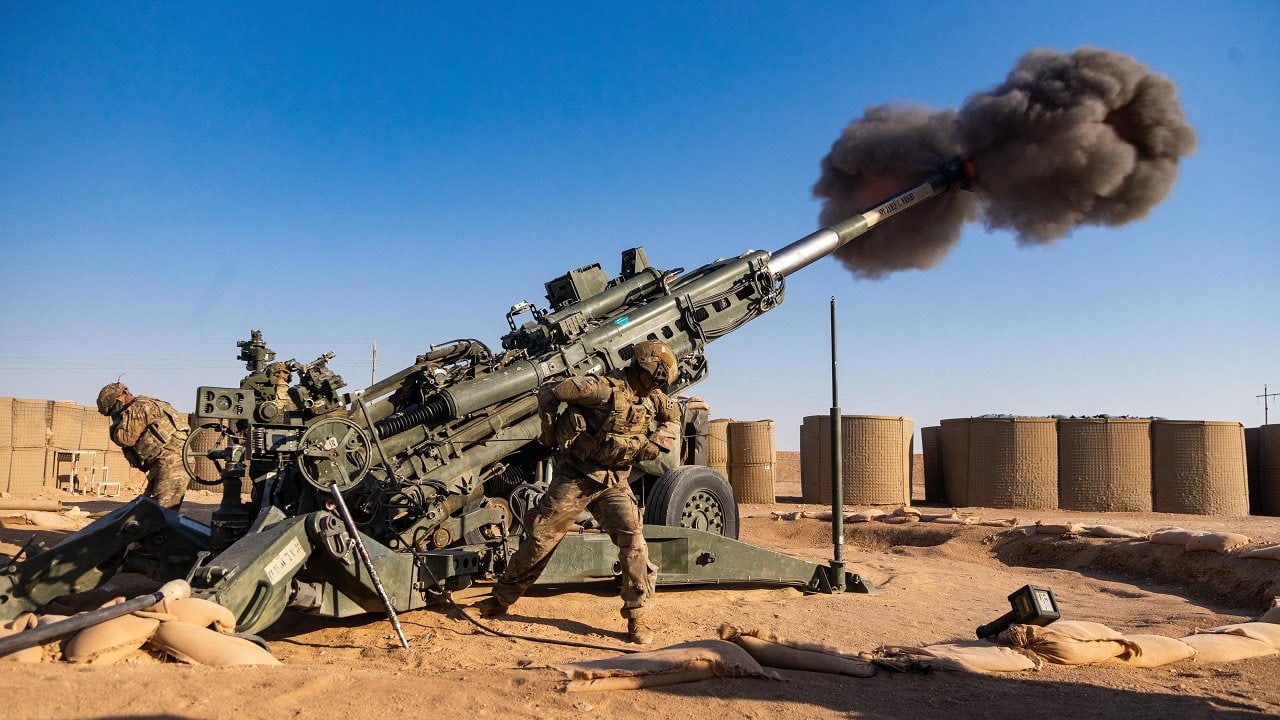The War in Ukraine: When Will It End? As the Russian invasion of Ukraine moves into its third month, the bloody fighting has taken on a much narrower focus as Russian military forces are trying to take the final Ukrainian towns in the Luhansk region.
After their attempts to take the capital of Kyiv and the second largest city of Kharkiv failed with large numbers of casualties, the Russians are now centering their focus on a 75-mile stretch of territory in the Donbas.
Encircled on three sides, the city of Severodonetsk is the objective as the Russians are attempting to encircle the Ukrainian troops in the pocket. The city, which had a prewar population of 100,000, now only has about 15,000 remaining people who are subjected to constant air and artillery strikes.
Russian troops are trying to cut the main highway that runs from Severodonetsk to Bakhmut, which would be the main escape route for Ukrainian troops if they are forced to withdraw. It would also allow the Russians to encircle the Ukrainians in the cities of Severodonetsk and Lysychansk.
After failing to capture Severodonetsk, the easternmost city under Ukrainian control, Russian troops are resorting to the same tactics they used in Mariupol, attempting to raze it to the ground. The indiscriminate shelling of civilian areas resulted in at least six civilian deaths on Tuesday, according to the regional military administration head, Serhiy Haidai.
“They can’t take the city, so they have decided to try to destroy it, and to make our troops leave the city,” Haidai said.
Russian Airborne Forces (VDV) Being Mismanaged in Ukraine
The British Ministry of Defense released its latest intelligence assessment, stating that Russia’s elite Airborne Forces (VDV) are suffering from horrendous casualties and have been involved in “several notable tactical failures.”
The VDV had a prewar troop strength of about 45,000, and are among the most professional Russian military units. However, tactical blunders and mismanagement have taken a heavy toll on their troop strength. The British MOD listed three specific failures among the mistakes made by the Russians in the campaign:
- The attempted advance on Kyiv via Hostomel Airfield in March
- The stalled progress on the Izium axis since April
- And the recent failed and costly crossings of the Siverskyi Donets River
Russia’s airborne troops are given the most demanding objectives in the Ukraine campaign; however, they were ill-suited to some of those missions, which would have been better served by armored infantry.
The British MOD said that this “mixed performance was a reflection of a strategic mismanagement of this capability and Russia’s failure to secure air superiority.”
“The misemployment of the VDV shows the extent to which Putin’s significant investment in the armed forces over the last 15 years has resulted in an unbalanced overall force.”
“The failure to anticipate Ukrainian resistance and the subsequent complacency of Russian commanders has led to significant losses across many of Russia’s more elite units,” the MOD added.
One of those tactical failures took place during the attempt to encircle Ukrainian forces when the Russians tried to force a river crossing using pontoon boats along the Siversky Donets River. After Russian forces built a bridge and began pushing troops across, the Ukrainians blew up the bridge and had the Russian troops trapped with their backs to the river.
Artillery strikes, including from the recently arrived US-made M777 155mm howitzers, wreaked havoc on the encircled Russian troops who attempted to build four separate pontoon bridges across the site. All of those attempts failed, resulting in a reported 400 troops killed and numerous tanks and armored vehicles either destroyed or abandoned.
Steve Balestrieri is a 1945 National Security Columnist. He has served as a US Army Special Forces NCO and Warrant Officer before injuries forced his early separation. In addition to writing for 19fortyfive.com and other military news organizations, he has covered the NFL for PatsFans.com for over 10 years. His work was regularly featured in the Millbury-Sutton Chronicle and Grafton News newspapers in Massachusetts.

